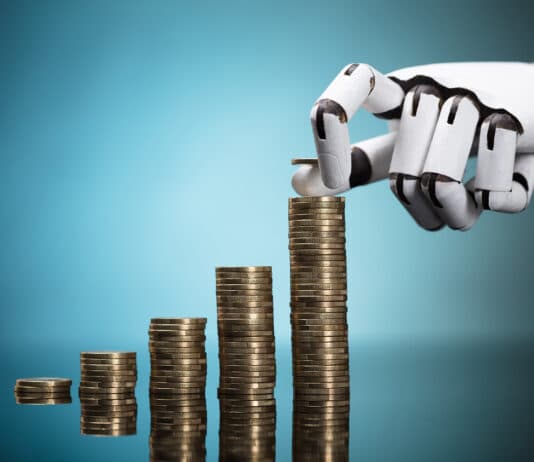Tag: LEADERSHIP AI BOOK
To remain competitive, organizations will increasingly have to innovate. As the speed of innovation increases, disrupting whole sectors, competitive intelligence, market intelligence even a...
It’s almost impossible to turn around nowadays without finding another article predicting the impact that AI and other emerging technologies – the so-called Fourth...
AI leaders must adapt to the changing culture as young workers enter the job market with expectations strikingly different from the ones that leaders...
Growing reliance on AI will not likely result in any of the three most common views of how AI will affect our future. Each...
Whether AI and the technologies it enables will reach their full potential depends on the workforce that will work alongside them. Yet the skills...
If you’ve read the many predictions about the future of AI, you’ve likely found them to be wildly different. They range from AI spelling...
Ask people on the street how much AI uses today affect their lives, and most would probably answer that it doesn’t affect them right now. Some might say that it’s pure science fiction. Others might say that it may affect our future but isn’t used in our world today. Some might correctly identify a few ways it’s used in modern technology, such as voice-powered personal assistants like Siri, Alexa and Cortana. But most would be surprised to find out how widely it is already woven into the fabric of daily life.
Today’s business leadership face a conundrum. Artificial Intelligence (AI) unquestionably will play an enormous role in the future of their organizations and the business...









